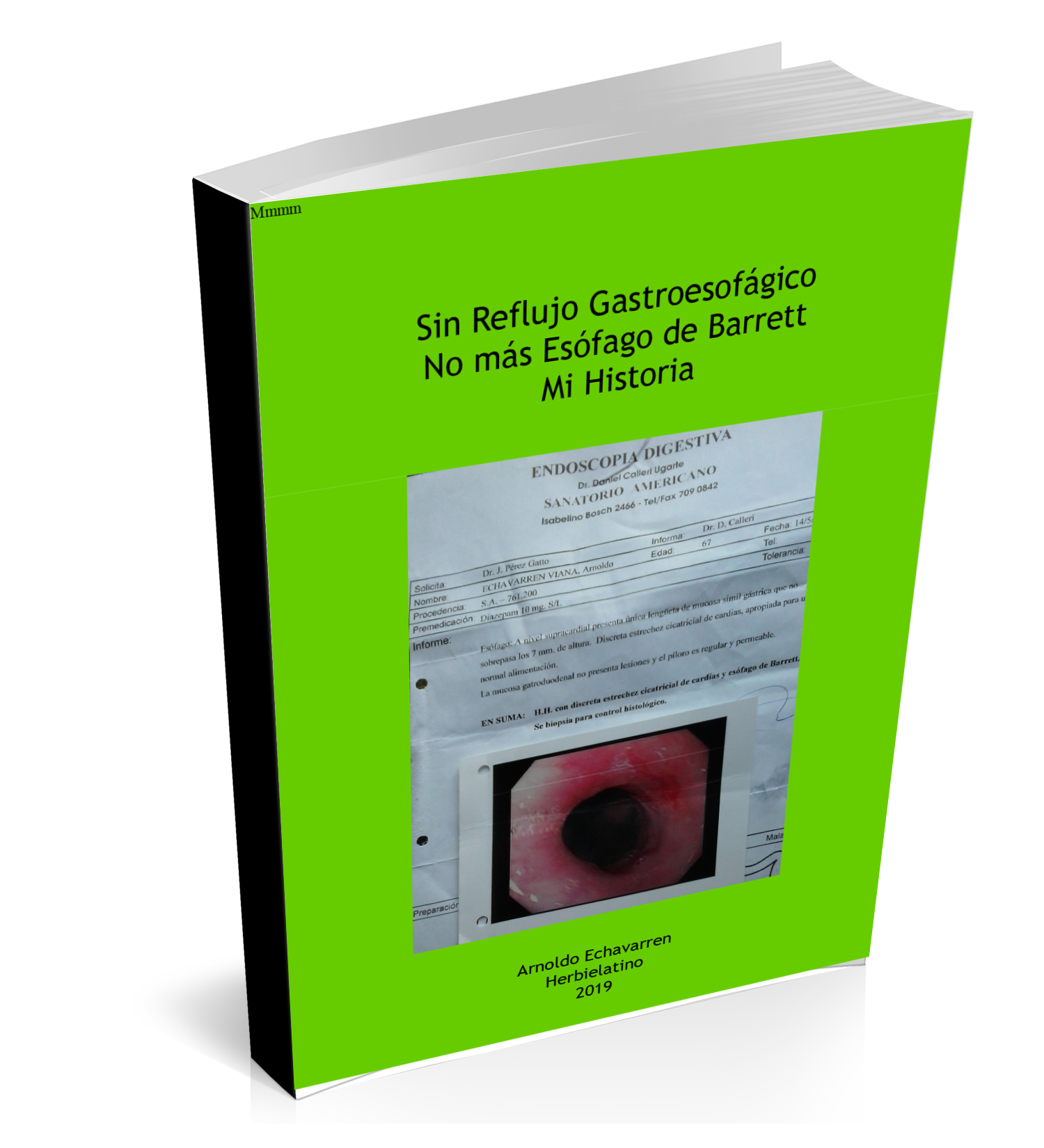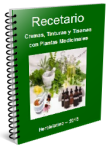- Tea beverage in chemoprevention and chemotherapy of prostate cancer.
Acta Pharmacol Sin. 2007 Sep;28(9):1392-408.
Siddiqui IA, Saleem M, Adhami VM, Asim M, Mukhtar H.
Department of Dermatology, University of Wisconsin, Medical Sciences Center, Room B-25 1300 University Avenue, Madison, Wisconsin 53706,USA.
Prostate cancer (PCa) is the most frequently diagnosed malignancy and the second leading cause of cancer-related deaths in American males with similar trends in many western countries. The existing treatment approaches and surgical intervention have not been able to effectively cope with this dreaded disease. For these reasons, it is necessary to intensify our efforts for a better understanding of the disease process and
for the development of novel approaches for its prevention and treatment. Based on considerable evidence from in vivo and in vitro data and epidemiological studies, in recent years the beverage tea has gained considerable attention for reducing the risk of several cancers. Much of the cancer preventive effects of tea, especially green tea appear to be mediated by the polyphenols present therein. Geographical evidence suggests that the incidence and occurrence of PCa is lower in populations that consume tea regularly. This evidence suggests that tea polyphenols could be extrapolated to optimize their chemopreventive properties against PCa. PCa represents an excellent candidate disease for chemoprevention because it is ypically diagnosed in men over 50 years of age and therefore, even a modest delay in neoplastic development achieved through pharmacological or nutritional intervention could result in a substantial reduction in the incidence of clinically detectable disease. In this review we address the issue of possible use of tea, especially green tea, for the prevention as well as treatment of PCa.
- Green tea and prostate cancer: from bench to clinic.
Front Biosci (Elite Ed). 2009 Jun 1;1:13-25.Pandey M, Gupta S.
Green tea, the most popular beverage next to water, is a rich source of tea catechins and has potential to be developed as a chemopreventive agent for prostate cancer. For centuries it has been used in traditional medicine in Far-East countries. Male populations in these countries where large quantities of green tea are consumed on regular basis have the lowest incidence of prostate cancer. In this review, after a description of prostate cancer and several risk factors associated with the disease, we evaluated studies reported with green tea or its major constituent, (-)-epigallocatechin-3-gallate in inhibition of prostate cancer. This review provides an in-depth overview of various biochemical and signaling pathways affected by green tea in in vivo and in vitro models of prostate cancer. This is followed by a comprehensive discussion of the epidemiological studies and some ongoing clinical trials with green tea catechins. The review concludes with a brief discussion of the future direction and development of clinical trials employing green tea catechins which could be developed for prevention and/or intervention of prostate cancer.
- Tea Polyphenols Decrease Serum Levels of Prostate-Specific Antigen, Hepatocyte Growth Factor, and Vascular Endothelial Growth Factor in Prostate Cancer Patients and Inhibit Production of Hepatocyte Growth Factor and Vascular Endothelial Growth Factor In vitro.
Cancer Prev Res (Phila Pa). 2009 Jun 19.
McLarty J, Bigelow RL, Smith M, Elmajian D, Ankem M, Cardelli JA.
The purpose of this study was to determine the effects of short-term supplementation with the active compounds in green tea on serum biomarkers in patients with prostate cancer.
Twenty-six men with positive prostate biopsies and scheduled for radical prostatectomy were given daily doses of Polyphenon E, which contained 800 mg of (-)-epigallocatechin-3-gallate (EGCG) and lesser amounts of (-)-epicatechin, (-)-epigallocatechin, and (-)-epicatechin-3-gallate (a total of 1.3 g of tea polyphenols), until time of radical prostatectomy. Serum was collected before initiation of the drug study and on the day of prostatectomy.
Serum biomarkers hepatocyte growth factor (HGF), vascular endothelial growth factor (VEGF), insulin-like growth factor< (IGF)-I, IGF binding protein-3 (IGFBP-3), and prostate-specific antigen (PSA) were analyzed by ELISA. Toxicity was monitored primarily through liver function enzymes. Changes in serum components were analyzed statistically using the Wilcoxon signed rank test. Cancer-associated fibroblasts were treated with EGCG, and HGF and VEGF protein and mRNA levels were measured. HGF, VEGF, PSA, IGF-I, IGFBP-3, and the IGF-I/IGFBP-3 ratio decreased significantly during the study. All of the liver function tests also decreased, five of them significantly: total protein, albumin, aspartate aminotransferase, alkaline phosphatase, and amylase. The decrease in HGF and VEGF was confirmed in prostate cancer-associated fibroblasts in vitro. Our results show a significant reduction in serum levels of PSA, HGF, and VEGF in men with prostate cancer after brief treatment with EGCG (Polyphenon E), with no elevation of liver enzymes. These findings support a potential role for Polyphenon E in the treatment or prevention of prostate cancer.




This is very fascinating, You are an overly skilled blogger.
I have joined your feed and stay up for seeking extra of your great post.
After I initially left a comment I appear to have clicked on the -Notify me when new comments are added- checkbox and now every time a comment is added I get four emails with the same comment. There has to be an easy method you can remove me from that service?
OK, I will do it.
Unquestionably believe that which you said.
When I initially commented I clicked the «Notify me when new comments are added»
checkbox and now each time a comment is added I get several e-mails
with the same comment. Is there any way you can remove me
from that service? Thanks a lot!
What a nasty problem. Similar to the spam comments I receive daily